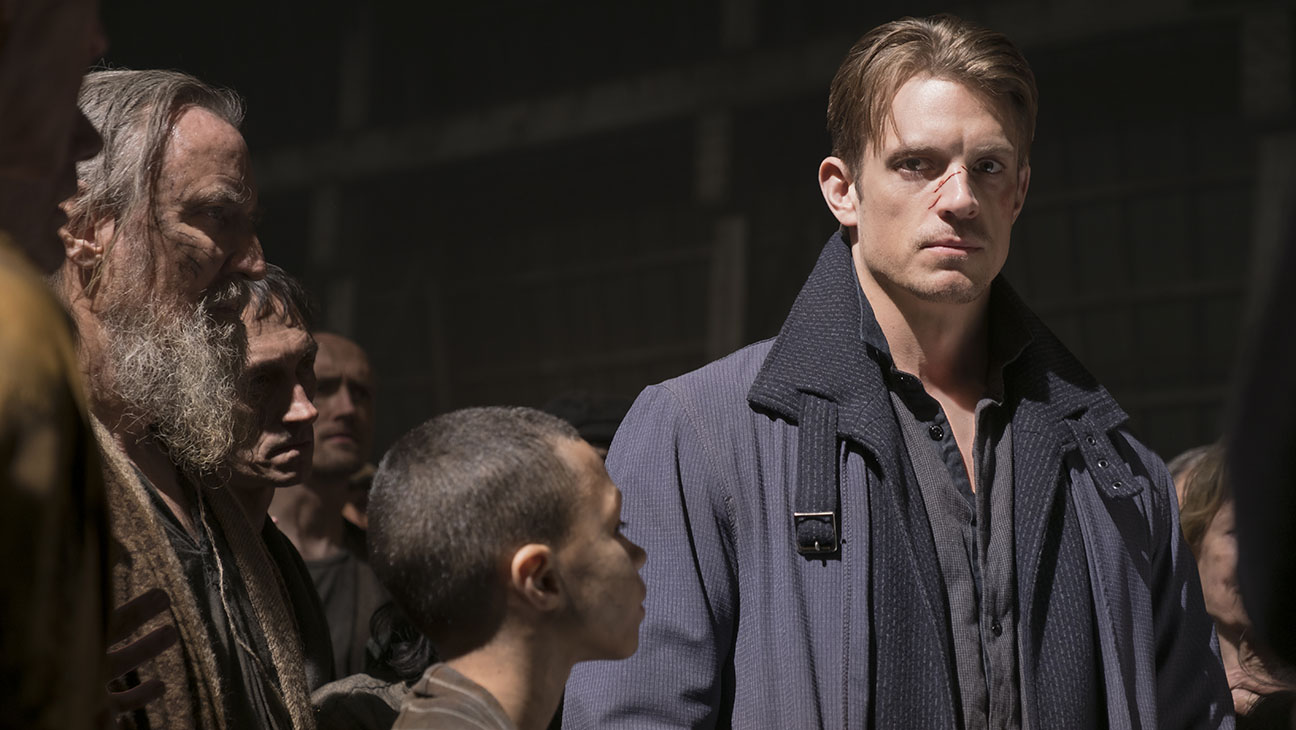
Reimagining Humanity How Altered Carbon Questions Identity and Consciousness
In the realm of science fiction, few narratives delve into the complexities of identity and consciousness quite like "Altered Carbon." Based on Richard K. Morgan's 2002 novel, the Netflix adaptation has captivated audiences with its intricate world-building and profound philosophical questions. As we follow Takeshi Kovacs, a former soldier navigating a future where human consciousness can be digitized and transferred between bodies, we are invited to ponder what truly constitutes identity. This thought-provoking premise opens the door to a deeper examination of humanity itself, asking whether our essence lies in our physical form or our memories and experiences.
The Nature of Identity
At its core, "Altered Carbon" challenges the very notion of identity. In a world where wealthy individuals can switch bodies at will, the distinctions we hold dear — such as personality, memory, and emotional connection — become murky. The show raises questions about the permanence of identity. Is a person who resides in a new body still the same individual? Or are they merely a collection of memories and experiences? This dilemma evokes parallels to contemporary discussions surrounding digital identity and how technology shapes our perceptions of self. The series compellingly illustrates that our identities are not solely defined by our physical shells, but by the memories and experiences that reside within us, sparking conversations that resonate with viewers.
Consciousness and Its Implications
Moreover, "Altered Carbon" explores consciousness and its implications in profound ways. The act of transferring consciousness into a different physical form raises ethical questions about the nature of life and the ramifications of immortality. If consciousness can be copied or moved from one body to another, what happens to our understanding of death? The series presents a future where the rich can escape mortality, while the less fortunate face a fragmented existence. This dynamic invites audiences to reflect on the value of life, the significance of experiences, and the role of memory in shaping who we are. The boundaries blurred by technology challenge us to redefine the fundamental aspects of human existence.
The Cultural Impact of Altered Carbon
The cultural impact of "Altered Carbon" has extended beyond the screen, giving rise to a variety of merchandise that allows fans to engage with the universe on a deeper level. "Altered Carbon Merch" includes everything from clothing and collectibles to art prints that celebrate the series' themes and aesthetics. By owning a piece of merchandise, fans not only showcase their love for the series but also participate in the larger conversation about identity and consciousness. This tangible connection enables viewers to explore the philosophical questions posed by the narrative while enjoying a physical representation of their fandom, illustrating how art can intersect with personal and collective identity.
Final Thoughts
In conclusion, "Altered Carbon" serves as a powerful narrative that reimagines humanity through its exploration of identity and consciousness. As Takeshi Kovacs journeys through a world rife with moral ambiguities, viewers are compelled to confront what it means to be human. The series encourages discourse about the essence of self, the essence of existence, and the implications of technological advancement on both. By engaging in these dialogues and embracing "Altered Carbon Merch," fans can celebrate the series while reflecting on their understanding of identity in an ever-evolving world. As technology continues to shape our realities, the questions posed by "Altered Carbon" remain as relevant today as ever, challenging us to consider who we are in a fast-changing world.









